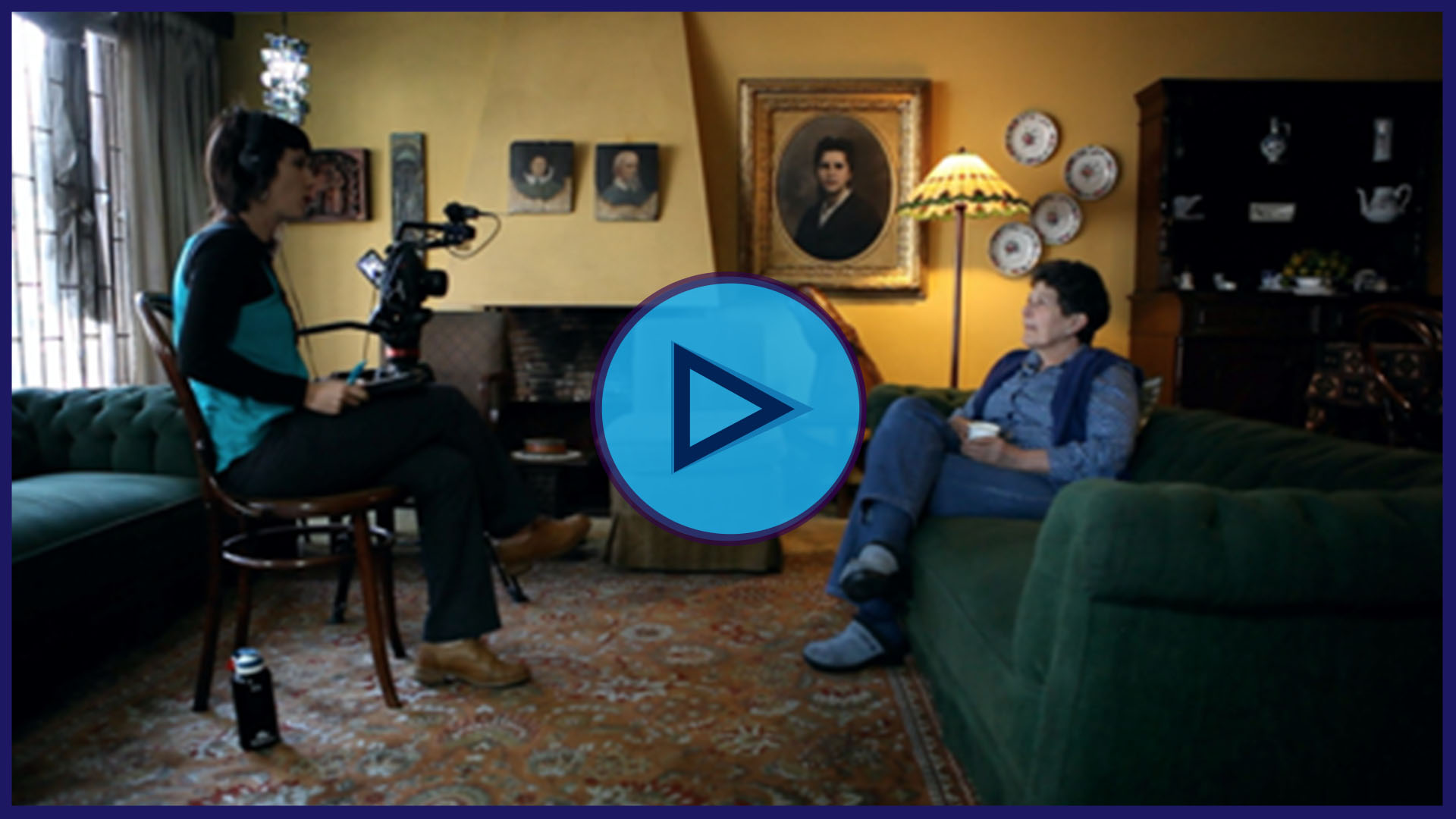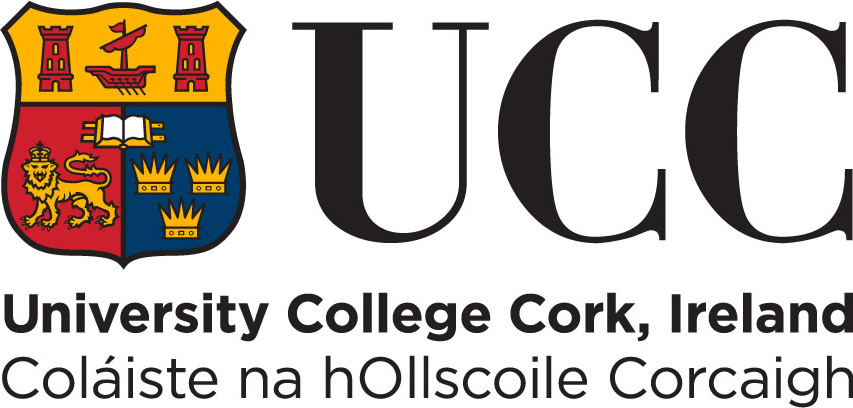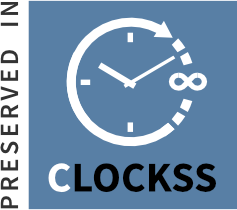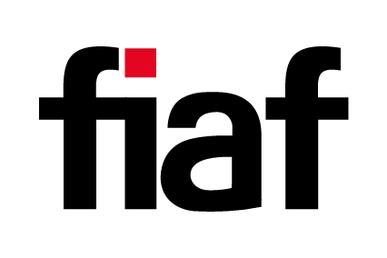A Film by Cine Mujer: A Video Essay
Lorena Cervera Ferrer
Abstract
Following recent endeavours that have unearthed women’s cinema and reclaimed its contribution to film history, this video essay revisits the filmography of the Colombian feminist film collective Cine Mujer (1978–1999). Narrated by three of its members—Eulalia Carrizosa, Patricia Restrepo, and Clara Riascos—through semi-structured interviews that intersect the personal, professional and political, this short film also reuses Cine Mujer’s archive. Its purpose is, one the one hand, to contribute to restoring its legacy and, on the other hand, to reframe and resignify its images within women’s ongoing battle for equality.
Article
Figure 1: Lorena Cervera interviews Eulalia Carrizosa. A Film by Cine Mujer (Lorena Cervera, 2020).
Screenshot and link to film.
Over the past couple of decades, there has been a growing interest in revisiting women’s cinema and reclaiming its contribution to film history. Perhaps, one of the most exemplary projects that have emerged from this collective endeavour is the fourteen-hour long documentary Women Make Film: A Road Movie Through Cinema (2018) by Mark Cousins, which addresses film history using films made exclusively by women across the world. Following a practice-based approach to research, this short documentary attempts to contribute to the rehistoricisation of cinema by focusing on the case of Cine Mujer, a Colombian feminist film collective, active from 1978 to the late 1990s. Over twenty years, Cine Mujer produced short films, documentaries, series and videos, and acted as a distribution company of Latin American women’s cinema. Throughout its production, issues such as reproductive rights, the disregard for domestic work, the role of the housewife, the personal and communitarian achievements of subaltern women, sexual abuse, women’s health, and the feminisation of poverty, amongst many others, were explored. Although the material aspects of filmmaking have drastically changed, making its films look if not old, outdated for contemporary audiences, the contents remain crucially relevant.
Via a letter from Patricia Alvear on the 17 of November 1999, Cine Mujer donated its archive to the Colombian Film Heritage Foundation. At some point later, most of its productions were digitalised and, since then, DVD copies and other materials are kept at and can be accessed from the Fondo de Documentación Mujer y Género Ofelia Uribe de Acosta at the Colombian National University in Bogotá. Despite these efforts, the Cine Mujer archive does not exist as such, which poses the risk of rendering its work even more invisible. During my fieldwork in Colombia in 2018, I was able to gain access to and copy most of its productions, and to meet some of the Cine Mujer members. This short documentary is the result of that fieldwork trip. Narrated by Eulalia Carrizosa, Patricia Restrepo, and Clara Riascos through semi-structured interviews that intersect the personal, professional and political, this film reuses Cine Mujer’s archive, including footage from its films and videos and photographs of the productions. Its purpose is, one the one hand, to contribute to restoring its legacy and, on the other hand, to reframe and resignify its images within women’s ongoing battle for equality. By inserting their bodies and mine within the diegesis and their voices as the main narrative device, I position Cine Mujer’s members as agents who enunciate their own story. I also try to point at the collective nature of filmmaking, the process of producing images, and the power relations that are inscribed within them. Using Cine Mujer’s archive allows to preserve and revalorise it. By giving visibility to its work—including a variety of digitalised materials—this short documentary also attempts to pose questions about the reasons why Cine Mujer’s work is largely unknown in Colombia and abroad.
References
1. Women Make Film: A Road Movie Through Cinema Directed by Mark Cousins, Dogwoof Digital/Hopscotch Films, 2018.
Suggested Citation
Cervera Ferrer, Lorena. “A Film by Cine Mujer: A Video Essay.” Alphaville: Journal of Film and Screen Media, no. 20, 2020, pp. 189–190, https://doi.org/10.33178/alpha.20.13.
Lorena Cervera received a BA in Journalism from the University of Valencia (2008), and a Masters in Innovation and Quality in Television Production, from Pompeu Fabra University (2009). In 2014, she was awarded with a scholarship by Ibermedia to complete a Diploma in Creative Documentary at the University of Valle, in Colombia. Since 2009, she has worked as director, cinematographer, and editor of non-fiction films, and since 2015, she has taught at UCL, the University of Essex, and the University of Westminster. Currently, she is doing a practice-based PhD in Film Studies at UCL, funded by the LAHP.










